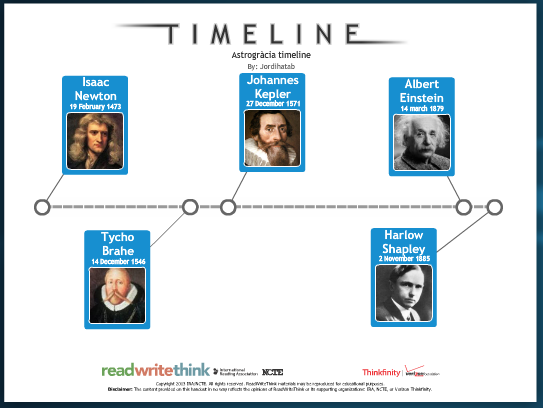Compass
Introduction:
Our experiment is a compass that works with water.
Materials:
-Bowl with water
-Pliers
-Glass jar
-Knife
-Cutter
-Cork
-Needle
Procedure:
1- Cut the cork
2- Draw the cardinal points
3- You scratch the needle on the knife.
4- Put the needle in the cork.
5- To finish put the ... o the bowl of water.
Results:
sources:
Sundial
Introduction:
We are now making a clock that works with the sun
Materials:
-Cart
-Stick
-Pencil
-Marker
-Ruler
Procedure:
-Firts you have to cut a round cart.
-Then put the clock numbers to the round.
-And finally fix a skewer stick in the center.
Results:

sources:




